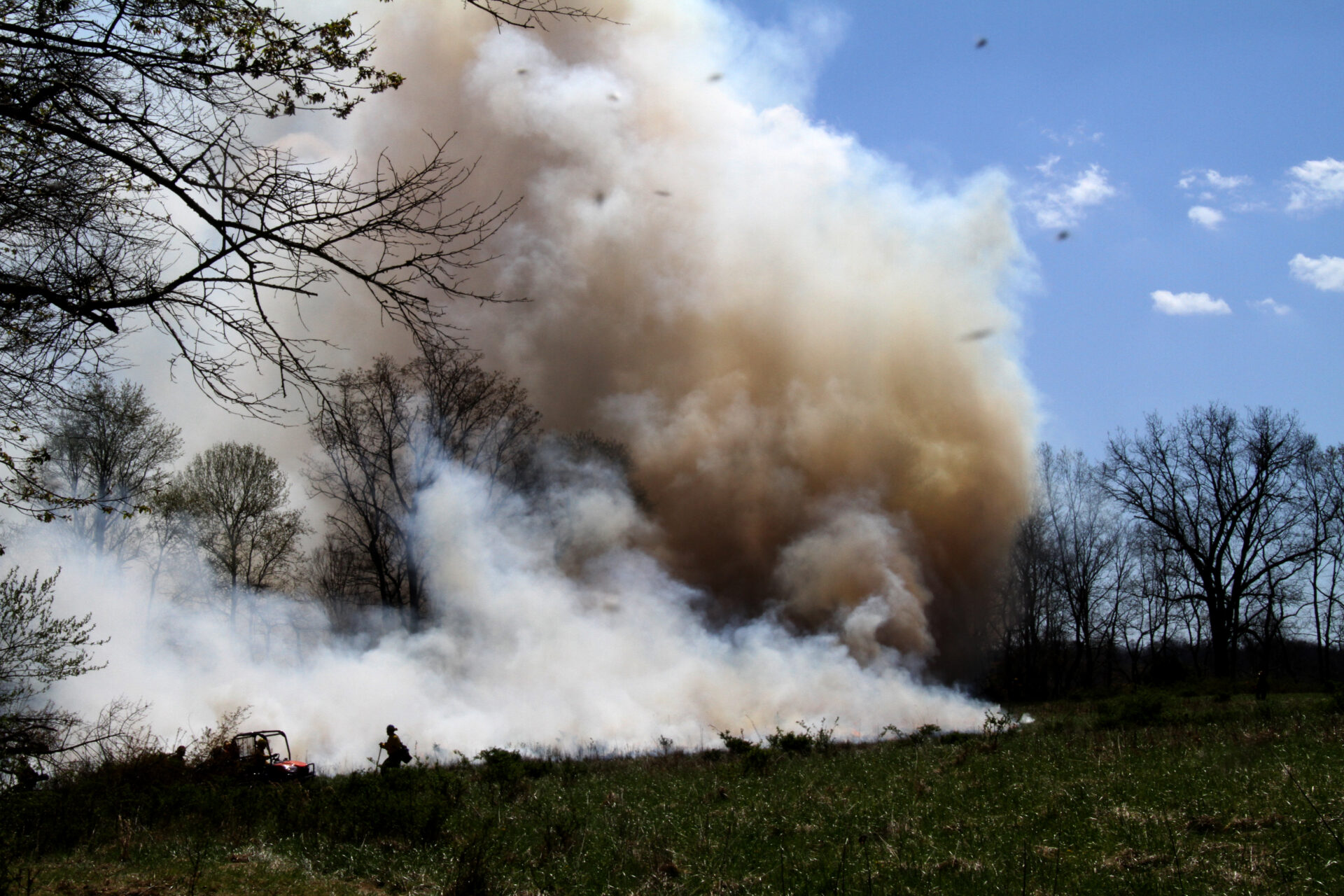David Joy is an award-winning author from the Appalachian mountains of North Carolina. His latest novel, “When These Mountains Burn,” is set against the backdrop of the 2016 forest fires that tore through the region, as well as the opioid epidemic that is still destroying communities around him.
In the book, Joy looks at how different communities are responding to the epidemic, from the white mountain community where his characters live, to the nearby Eastern Band of Cherokee tribal community that takes a more supportive approach.
Joy spoke with Eric Douglas about the new book.
This interview has been lightly edited for clarity.
Douglas: Tell me a little bit about this new novel.
Joy: Well, the book is set during 2016. It is very specifically set when all of the forest fires were ripping apart, especially the southern part Appalachia, but stretching on the upper end into Kentucky. I think most people nationally are probably familiar with what happened to Gatlinburg. But the truth is, we’d been experiencing fires, at that point, for two or three months. So it is set very specifically during that time, partly because of the election as well.
I think metaphorically that moment in time, honest to God, felt like the world was ending for a lot of us. The story deals with the opioid epidemic. You’ve got a father whose son is an addict. He’s doing everything he can to try and save his kid, but not really succeeding at that. And then we have another character who is an addict. It’s kind of these two lives running side by side for a while and then they intersect.
Douglas: Why did you choose to write a story about the opioid epidemic?
Joy: At the time it became an un-ignorable reality of my day-to-day life. I was living in a house where I was maybe 100 yards away from a dope house where a lot of the heroin in the county where I lived was moving through that house. I had addicts in the front yard on a weekly, if not daily, basis. I had addicts knocking on the door. You would go to town and you’d step out of your truck at the post office and the parking lot would be filled with needles.
Douglas: For you, this book was fiction, but it is set in the existence outside your window.
Joy: All the novels I’ve written have been set very specifically in Jackson County (North Carolina) where I live and have largely been about drug use and addiction. Part of that is my own history and how I grew up where I grew up. Part of that, too, is the reality of this place for a whole lot of people who live here.
Douglas: What do you hope your readers get from the book?
Joy: I don’t know. I think that’s a difficult question. I don’t ever really set out with any major goal in mind. I want readers to be entertained and I want them to think. Maybe that’s a question I can answer. I want them to think about the way that most communities are choosing to address the opioid epidemic. I want them to think about what’s happening to our culture, whether that be the culture that’s taking place right outside my door, or whether that is downtown Charlotte, North Carolina, where historically black neighborhoods are being ripped apart by white folks who want to live closer to the city. You know that gentrification and that death of culture isn’t something that’s happening in one place or another. It’s happening all over and I want people to pay attention to those things, because I think they’re important.
Douglas: This was the first of your books that I’ve read, but I’m taking from your descriptions that all of your books have a story, but they’re also set up against a backdrop of societal issues that you want to discuss.
Joy: Yeah, yeah, absolutely. They asked James Joyce why he only wrote about Dublin and he said, “Because if I can get to the heart of Dublin, I can get to the heart of every city in the world.” Or it’s that Eudora Welty notion that, “One place understood helps us understand all places better.”
The reality is, I can’t write a novel about New York City or Paris because I don’t know nothing about it. But I can write a novel about this place. And the same things that are affecting people everywhere else in this country, and in this world, are affecting people here.
David Joy’s new book “When These Mountains Burn” is now available through Penguin/Random House. This is the 36-year-old writer’s fifth novel, all of which are set in the Appalachian mountains of North Carolina he calls home.
This story is part of a series of interviews with authors from, or writing about, Appalachia.
